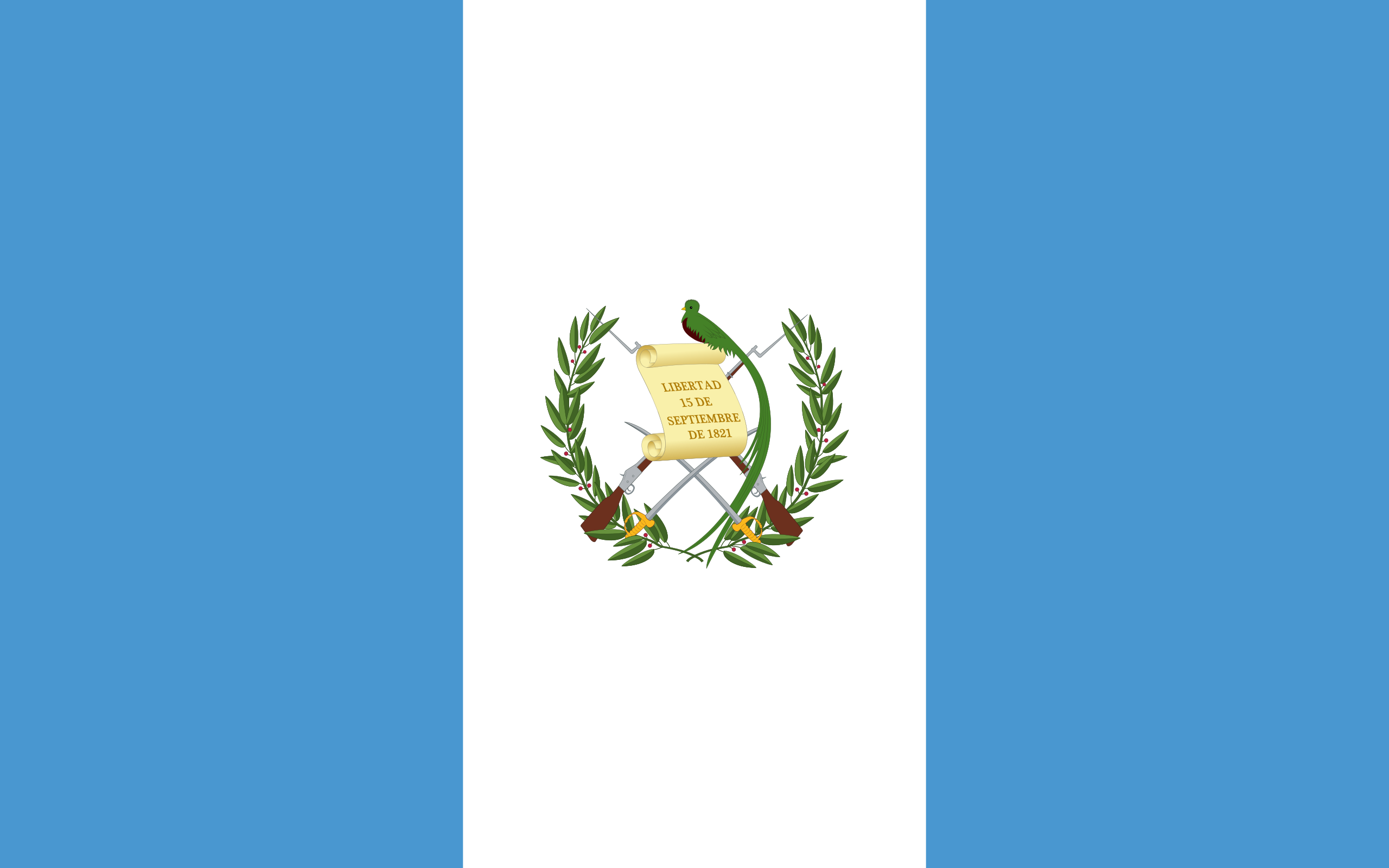The consolidation of power by the executive branch of Guatemala is threatening democracy and putting the country on a path toward authoritarianism. This month we wrote to the attorney general to express our disillusionment about politically motivated attacks on prosecutors and judges working to end impunity for serious human rights violations, especially those committed by former military personnel during the years of the internal armed conflict (1960-86), as well as attacks on journalists who report on these cases.
On 6:00am on March 16, police and Public Ministry officials arrived at the home of former prosecutor Orlando Salvador López, raided his residence, and arrested him. Orlando López formerly served as head of the Human Rights Prosecutor’s Office, where he helped build the prosecution for critical transitional justice cases like the case of the Ixil Genocide, for which former president Ríos Montt was found guilty in May 2013. He has been made a target of pro-military factions within Guatemala, most notably the Foundation Against Terrorism (FCT), which currently is a plaintiff in a questionable legal case against Orlando López. FCT, working hand in hand with the Public Ministry’s Office, has led the charge to punish honest judges and prosecutors, nearly 30 of whom have been forced into exile.
In a related case, the Special Prosecutor’s Office Against Impunity (FECI) announced that it is taking legal action against Francisco Dall’Anese, the former head of CICIG (Commissioner of the International Commission Against Impunity, 2010-13), who oversaw investigations into high-level corruption.
We are urging that authorities (1) end the use of criminal proceedings as reprisal against those involved in investigating and prosecuting cases of corruption or serious human rights violations, (2) ensure that judges and prosecutors are able to work freely without fear of reprisal, and (3) ensure free and fair elections during the election of Guatemala’s next president on June 25.


